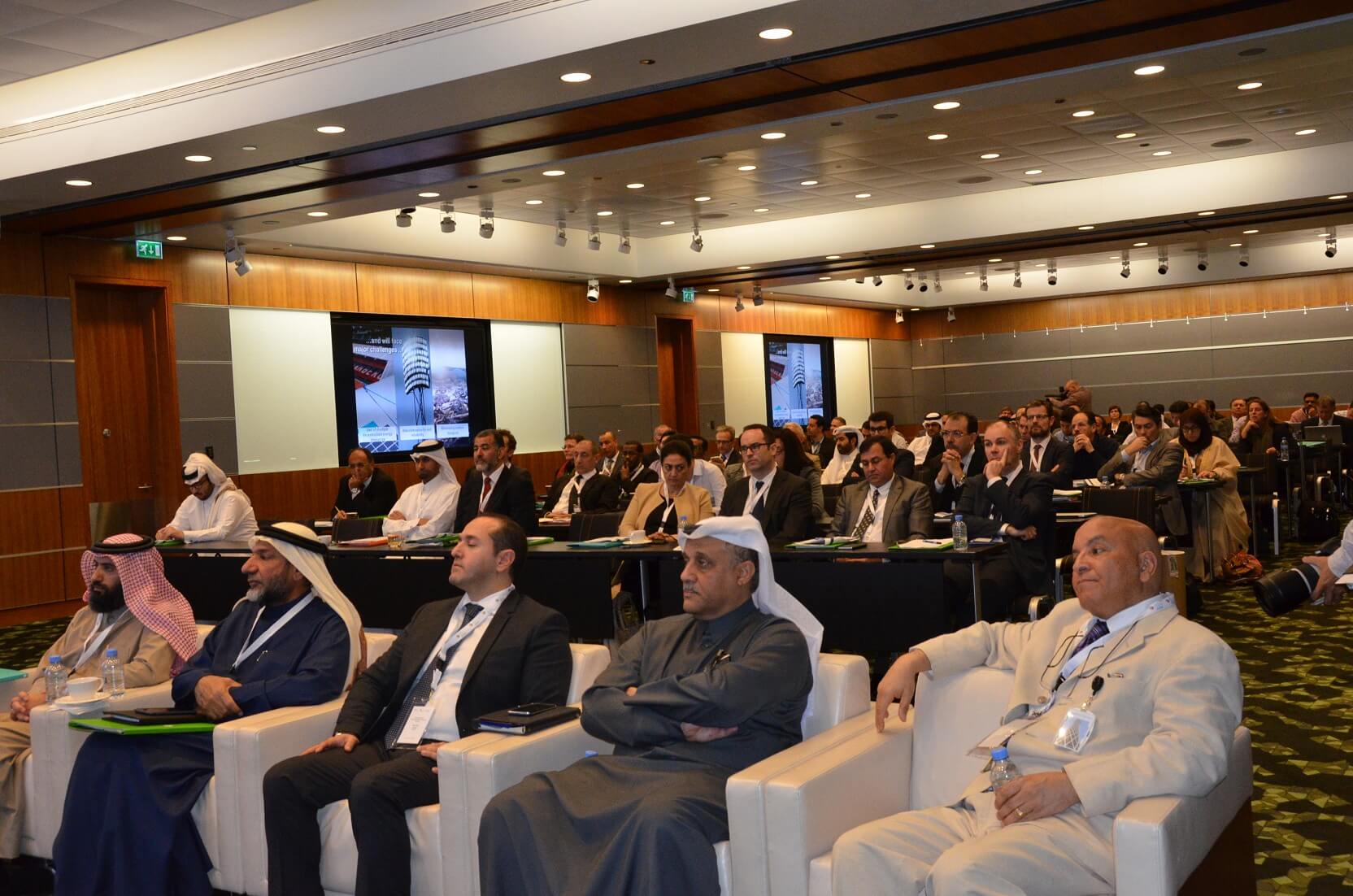
Qatar Environment and Energy Research Institute (QEERI), one of Hamad Bin Khalifa University’s three national research institutes, held a workshop on February 2nd and 3rd at the Qatar National Convention Centre that explored innovation in photovoltaic technologies titled “Building-Integrated Photovoltaic (BIPV) Technologies and their Application to Qatar and the MENA Region”.
The event was organized by QEERI in collaboration with Fraunhofer Center for Silicon Photovoltaics (Fraunhofer-CSP, Germany) and IRESEN (Research Institute for Solar Energy and New Energies) as partners, with Qatar National Research Fund as its sponsor. The 90 participants included scientists from research organizations and experts in the field of real estate and construction, with local entities such as Kahramaa, Msheireb Properties, Qatar Electricity and Water Company (QEWC), The Supreme Committee for Legacy and Delivery and Siemens represented at the event. International delegates from from the United Arab Emirates, Saudi Arabia, Germany, Austria, Switzerland, the United States of America, and Australia also attended.
The event showed the advantages and resources available for Qatar to integrate photovoltaics (PV) technology in the urban environment, allowing buildings to be converted from energy users to energy producers. At the workshop, architects and building engineers learnt how PV systems can be introduced in buildings with good design, structures and energy concepts, as well as how BIPV products can be multifunctional (electricity generation, weather protection, heat insulation, sun protection, noise protection, modulation of daylight, and security).
BIPV are photovoltaic materials (converting solar energy into direct current electricity) that are used to replace conventional building materials in parts of the building envelope such as the roof, skylights, or facades. They are increasingly being incorporated into the construction of new buildings as a principal or auxiliary source of electrical power, although existing buildings may be retrofitted with similar technology.
A roundtable discussion on BIPV opportunities and needs in Qatar highlighted the challenge of promoting the use of solar energy in Qatar when the cost of energy in domestic buildings is free of charge for Qataris and subsidized for expats. It was noted that there is a big need for sustainability awareness, a task where Kahramaa’s Tarsheed program is taking the lead.
Speaking at the event, Dr. Ahmed Ennaoui, Research Director of the Solar Energy Group at QEERI explained: “PV solar cells can be used in houses, buildings and stadiums at large scale, however, Qatar’s desert environment poses unique challenges for PV; the dust and high temperatures decrease their efficiency, in addition, to the challenges of integrating solar energy to the grid. QEERI’s research addresses these issues, so collaborating with both local stakeholders and international experts in this field is vital to our success. This conference has been very fruitful.”
The BIPV workshop also included research posters from local and international scientists. The workshop concluded with a ceremony for the Young Contest Award, where five students from Hamad Bin Khalifa University and Qatar University received awards for their innovative projects in solar photovoltaics.





